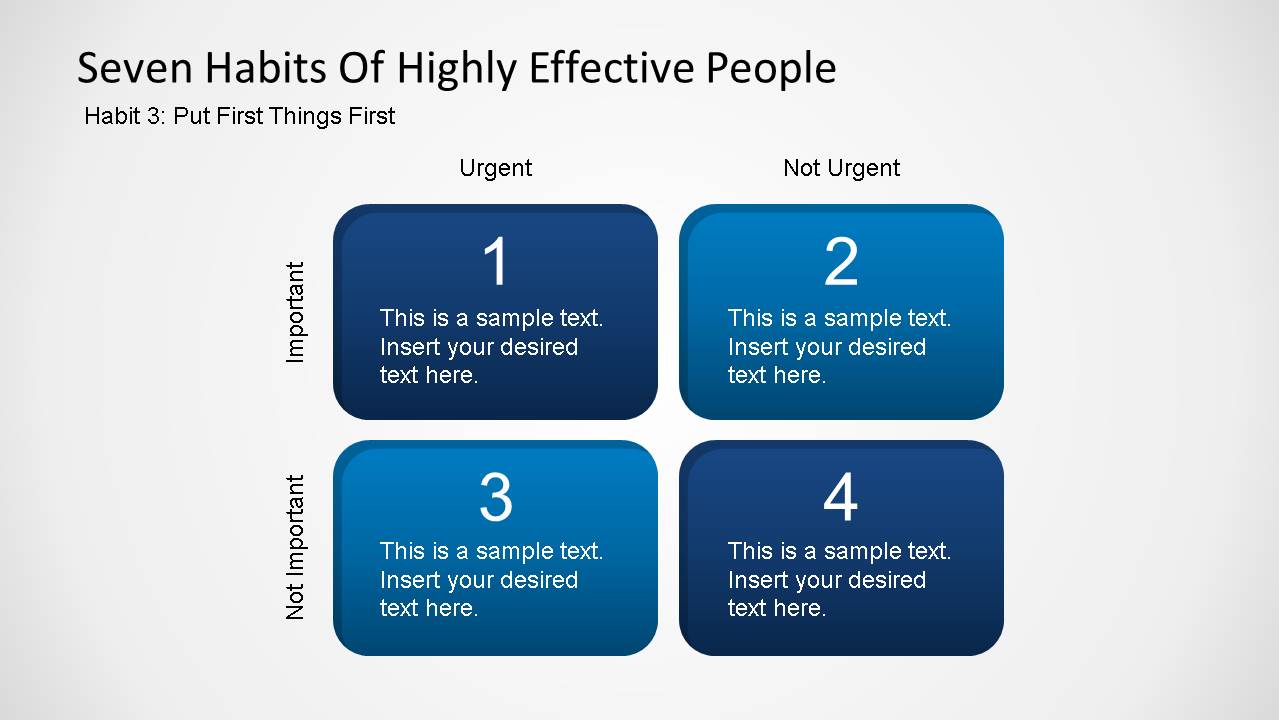


He sat near me and the kids went crazy on that subway, running up and down, turning people’s papers aside, just raucous and rude. When a bunch of young kids came running into the subway car and their father followed. I was on a subway in a very large metropolitan city. ‘Yeah I know,’ the event organizer responded, ‘she’s Korean and that’s her translator.’

It totally discombobulated her own listening and she felt like taking her purse and reaching two rows ahead…Īnyway, she went up afterwards to the person who was running the conference and asked them, ‘Did you see that? Did you see what was happening? Can you believe that right there on the front row… From the very moment I began, to the end of my speech, just constant talking. My mother was two rows behind and she was so upset that here her precious son was being so ignored, so blatantly, so openly, constantly, and with no end. I remember I was giving a speech a little while back and there was someone on the front row just constantly talking to another person. Assumptions of the way things are represent just that’s what reality is, you don’t question that. What we call maps are usually assumptions, assumptions of the way things are. Once you have an accurate map, then your behavior and your attitude matter. You see, a paradigm is the map that you have in your mind. I mean he says, ‘You can do this thing! Rise to the occasion! Do it!’ Do you do it? Now you don’t even care that you’re lost right? That’s what a paradigm is. He gets you just jazzed right out of your gourd. I have doubled my speed and I’m lost twice as fast.’ Your friend senses you’re discouraged, you’re really down, you’re almost ready to give up, it’s despairing. What’s going to happen? You call your friend back in a state of total despair and discouragement and say to him, ‘I have never been so confused and so lost in my life and I am following this map to the hilt.

Let’s assume you call your buddy up on the phone and he knows that you’ve got that map and he says to you, ‘try harder, you’re tired.’ What would you do if you went to Portland and you had no information at all about the city and you were given a map of Seattle, but on the top it said ‘Portland’? What would you do? You’ve never been to Portland, you have no other source of information. Now let me get a very simply layman’s way of looking at a paradigm: it is a map, like a map of Portland. In fact, I am describing myself, that is my perceptions, my frame of reference, my worldview, my value-system, my autobiography, and I’m projecting it upon the outside. I might describe myself, or you, or a situation as if I am describing it as it is. We project out of our own conditioning experiences, our own background, a certain representation, a certain model, a certain set of expectations, a certain assumption on that reality out there. We project onto the outside world, our environment, the people we associate with, including how we see ourselves. The images we carry in our heads of the way things are, of reality, come from our own backgrounds, our own experiences.Īll of us think that we see the world as it is. It comes from the mental image you have in your mind of the way things are ‘out there’. It basically means a pattern, a model, a representation, something that stands for something else. Paradigm comes from the Greek root, paradigma.


 0 kommentar(er)
0 kommentar(er)
